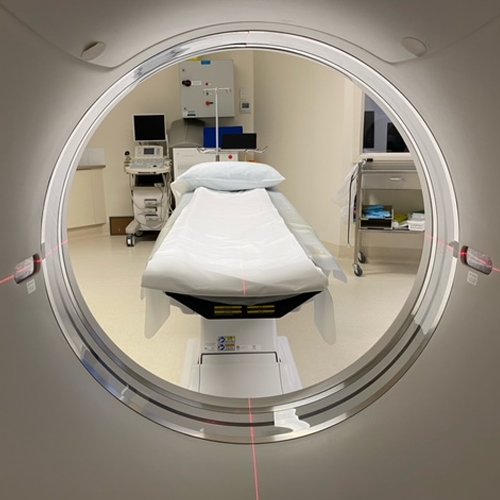
A Computed Tomography (CT) scan is a special examination using x-rays and special computers to produce cross-sectional images of the body, giving detailed information for diagnosis.
The advanced multi-slice CT equipment is capable of high-resolution scans with a very short scanning time.
With advancement in technology, the data can be reconstructed in various planes to produce 3D images with
surface rendering, virtual colonoscopy and angiography.
Foster Public hospital87 Station Road Foster, Victoria, 3960
03 5682 1560
info@sgradiology.com.au
